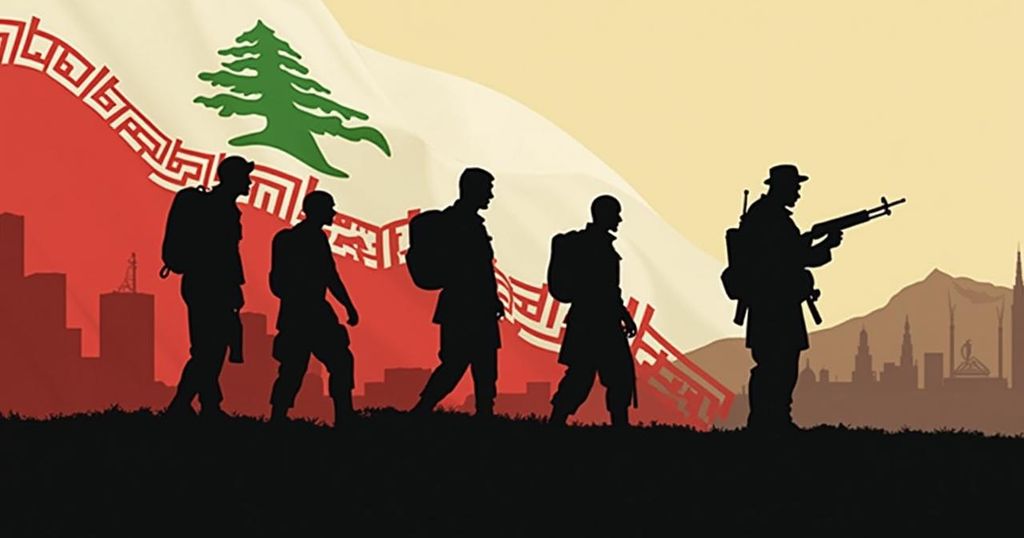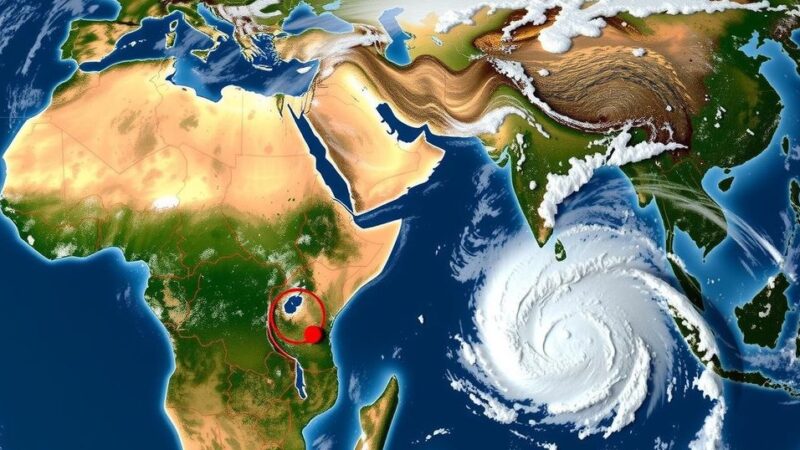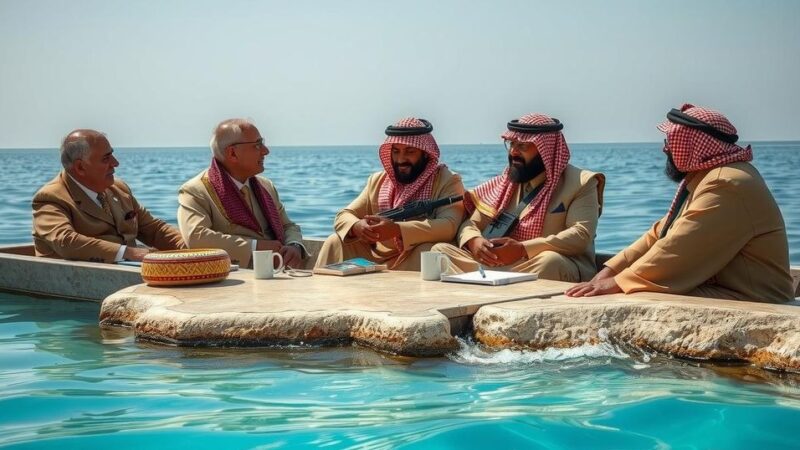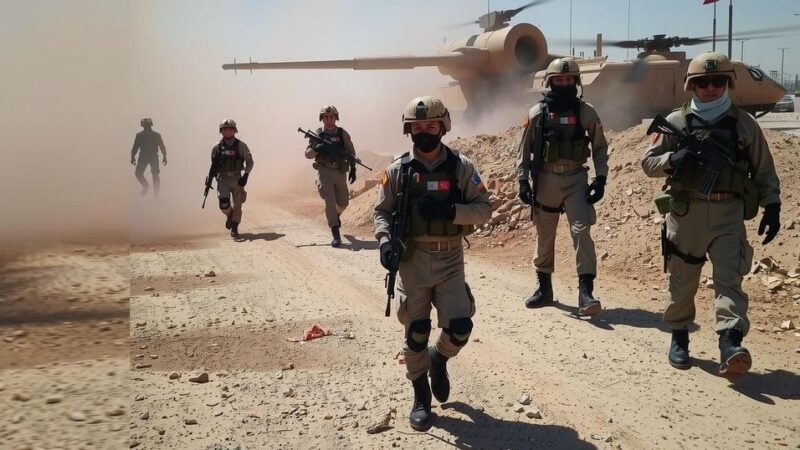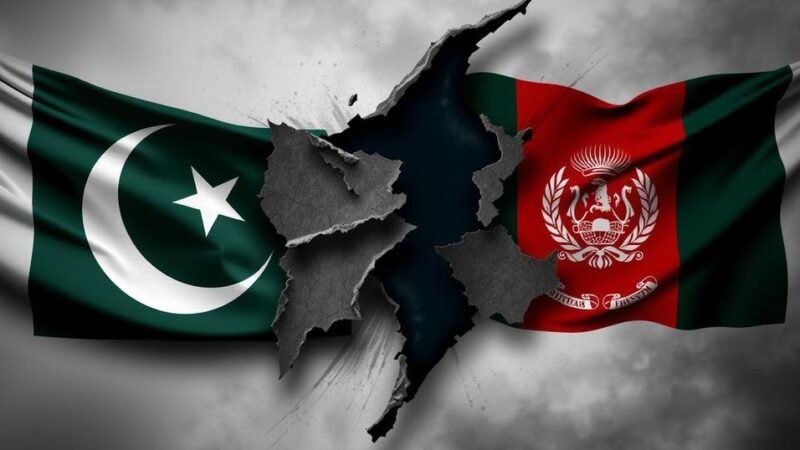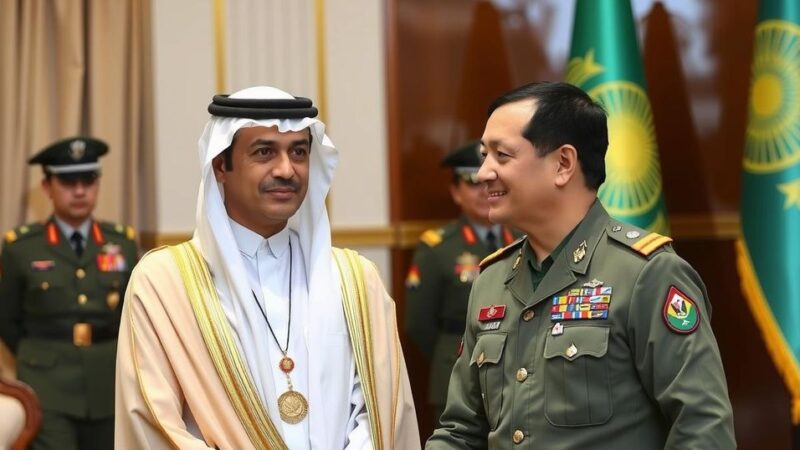The Israeli military’s extensive bombardment of Lebanon has raised significant tensions, resulting in substantial civilian casualties and infrastructure damage. In response to the assassination of Hamas leader Ismail Haniyeh, Iranian authorities are under pressure to retaliate, which may lead to a shift in Iran’s military strategy. Despite calls for restraint, analysts indicate that Iran’s response could soon align with its strategic objectives in the region, emphasizing the need for a calculated but firm counteraction against Israeli aggression.
The ongoing conflict in Lebanon has intensified following Israel’s military onslaught, which has had catastrophic effects on both Lebanese civilians and infrastructure. In light of the recent assassination of Hamas’s politburo chief Ismail Haniyeh in Tehran, Iranian leaders are under increasing pressure to respond decisively in order to uphold their stance as part of the so-called “axis of resistance”. The Israeli attacks, which have led to substantial casualties and widespread destruction, signal a potential shift in Iran’s strategy regarding its response to Israeli aggression in the region. Iran has exercised restraint thus far, despite the continual violence occurring in Gaza and the West Bank, as Israeli Prime Minister Benjamin Netanyahu remains intent on extending the conflict. However, analysts suggest that the escalation of Israeli actions in Lebanon may prompt Iran to calibrate its retaliation. Hadi Afghahi, a West Asia analyst, noted that Supreme Leader Ayatollah Ali Khamenei’s recent remarks during a military meeting indicated that Iran would take serious measures against perceived aggressors, asserting that “final victory will belong to the resistance front and the Hezbollah front”. Furthermore, reports of missile launches from Hezbollah towards Israel and rising military capabilities of other Iranian-affiliated groups such as the Houthis and Islamic resistance factions in Iraq suggest a bolstering of regional military engagement. Such actions may reflect Iran’s desire to not only support its allies but also refine its offensive countermeasures. Despite Iran’s calls for calculated responses, the political environment is shifting with the recent election of President Masoud Pezeshkian, who has voiced intentions to maintain dialogue with global powers while addressing the “genocide” occurring in Gaza. Academic perspectives illustrate a consensus that Iran is intent on retaining agency in its military responses, ensuring that any actions taken will adhere to international law and avoid civilian targets, contrasting sharply with Israel’s current tactics. The U.S., involved militarily in the region, is monitoring Iranian actions closely and has not indicated a significant shift in Iran’s posture. This reflects a calculation by Tehran to balance its military ambitions against potential repercussions from Western allies. Iranians are keen to demonstrate military prowess without escalating the conflict to a full-blown war, thus preserving strategic initiative and surprise elements in their responses. Ultimately, Iran appears to be deliberating its options carefully as the situation evolves.
The ongoing conflict in the Middle East reflects a complex web of political, military, and ideological disputes, with Iran’s support for groups like Hezbollah and Hamas being a core component of its foreign policy strategies. The assassination of Ismail Haniyeh in Tehran serves as a catalyst for potential escalations, with analysts predicting that Iran’s response will not only revolve around military engagement but will also be influenced by international dynamics, particularly those involving U.S. involvement in the region. With Israel’s established history of responding aggressively to perceived threats, reactions from Iran will likely be shaped by a blend of military capability and diplomatic calculation.
In summary, Iran’s response to the recent Israeli military campaign in Lebanon will play a critical role in shaping the future landscape of regional conflict. While Iran has so far refrained from impulsive retaliation, the increasing pressure from both internal and external forces may lead to a recalibration of its strategy. The outcome will hinge upon the delicate balance between demonstrating military capability and maintaining diplomatic channels, particularly as U.S. interests remain heavily involved. Subsequent actions by Iranian leadership indicate a period of significant decision-making regarding how best to engage in the conflict without inviting further escalation.
Original Source: www.aljazeera.com

